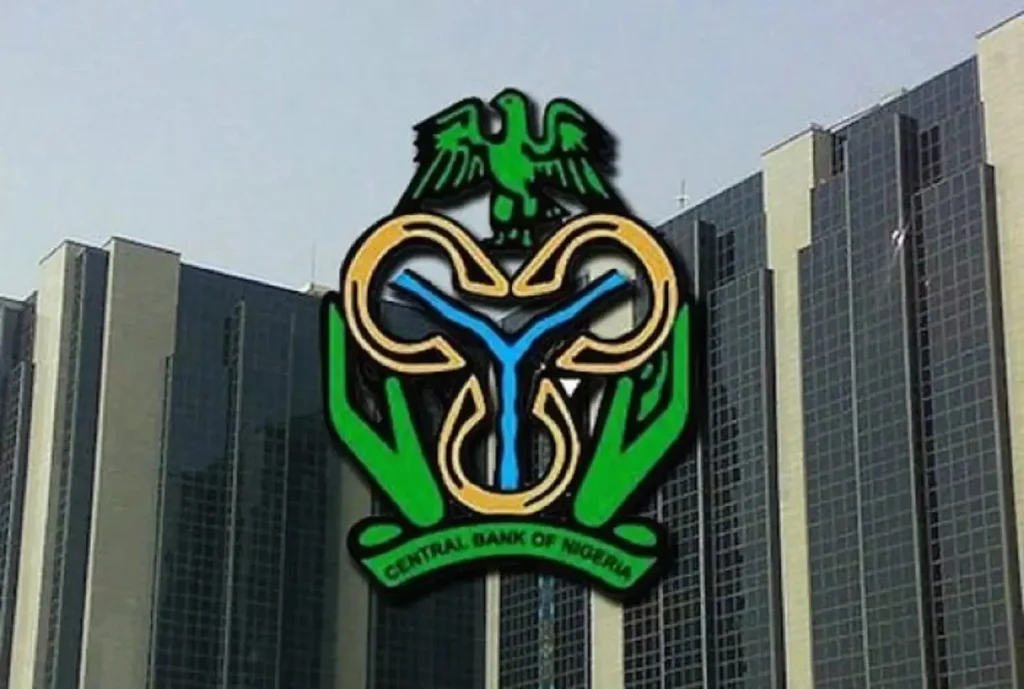In November 2021, Nigeria’s consumer credit market experienced a significant upswing, rising by 40 percent year-on-year to N2.1 trillion from N1.5 trillion in November 2020. According to the Central Bank of Nigeria (CBN), this growth was fueled by an increase in economic activity, reflecting a broader push to stimulate key sectors through enhanced credit access. The surge underscores the growing role of consumer lending in supporting Nigeria’s economic recovery.
Consumer Credit Growth and Composition
The CBN’s Economic Report for November 2021 highlighted that consumer credit outstanding grew by 4.3 percent from N2 trillion in October 2021 to N2.1 trillion by the end of November. This amount accounted for 8.9 percent of total credit to the private sector, up slightly from 8.7 percent in the previous month. The increase was attributed to heightened economic activities, which spurred demand for credit among consumers.
Breaking down the composition of consumer credit, personal loans dominated, making up 78.1 percent of the total, while retail loans comprised the remaining 21.9 percent. This distribution reflects the preference for personal borrowing, likely driven by individual financial needs amid improving economic conditions.
Broader Credit Allocation Trends
The CBN’s efforts to bolster economic growth through targeted credit allocation also bore fruit in November 2021. Total sectoral credit allocation expanded by 17.9 percent, reaching N24 trillion from N23.3 trillion in October 2021. This marked a notable increase from the 14.5 percent growth recorded the previous month, signaling the central bank’s sustained focus on channeling funds to critical sectors.
A sectoral breakdown revealed that the industry and services sectors remained the largest beneficiaries, accounting for 36.4 percent and 35.4 percent of total credit, respectively. However, these shares were slightly lower than October’s figures of 37.1 percent for industry and 35.8 percent for services. Meanwhile, the agriculture sector saw its share of total credit rise to 5.8 percent from 5.5 percent, indicating growing support for agricultural activities.
Economic Implications of Credit Expansion
The rise in consumer and sectoral credit reflects the CBN’s proactive measures to stimulate economic activity through accessible financing. The 40 percent year-on-year increase in consumer credit suggests growing confidence among consumers and financial institutions, as borrowing and lending activities picked up pace. This trend aligns with broader efforts to support Nigeria’s economic recovery following global and domestic challenges.
The dominance of personal loans in consumer credit highlights their critical role in meeting household financial needs, from education to healthcare and other personal expenses. Meanwhile, the growth in retail loans indicates sustained consumer spending, which is vital for driving demand in Nigeria’s economy.
Looking Ahead
The CBN’s report underscores the importance of credit as a tool for economic revitalization. The sustained increase in sectoral credit allocation, particularly in industry, services, and agriculture, points to a strategic focus on diversifying Nigeria’s economic base. As the central bank continues to prioritize credit access, the November 2021 data suggests a positive trajectory for economic activity, with consumer credit playing a pivotal role.
The uptick in agricultural credit is particularly encouraging, given the sector’s potential to address food security and create jobs. Continued support for key sectors, combined with robust consumer lending, could further strengthen Nigeria’s economic outlook in the months ahead.






